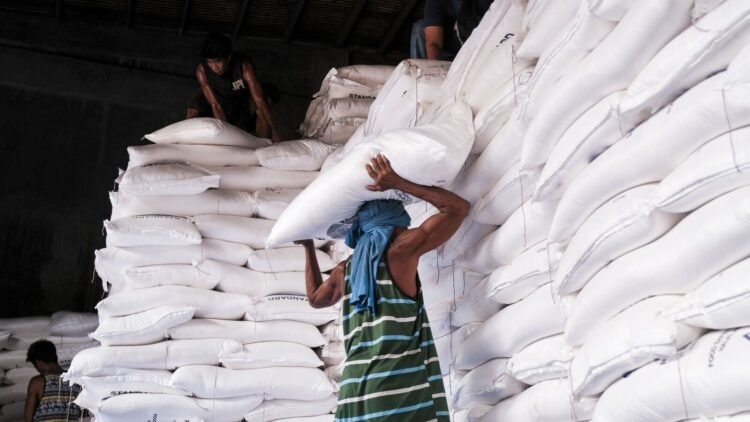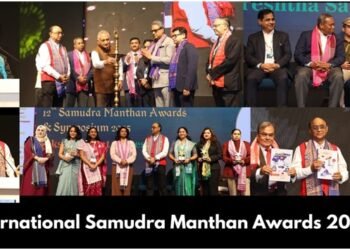NEW DELHI (India CSR): In the recent EOI tender of 1,050 crore litres released by OMCs for the Ethanol Supply Year (ESY) 2025–26, a total of 1,776 crore litres, was offered by the distillers.
Out of this total, sugarcane-based feedstocks contributed about 472 crore litres, which is approximately 45% of the requirement. However, the allocation made to the sugar sector is only 289 crore litres, i.e. 61% of the total offered quantity, which is significantly lower than expected and disproportionately low relative to both the requirement and the sector’s proven capability. This is equivalent to sugar diversion of only around 34 lakh tons of sugar.
However, the sugar sector alone is capable of supplying over 500 crore litres (~50% of the requirement), with the diversion of approximately 50 lakh tons of sugar.
As per preliminary ISMA estimates for the 2025–26 Sugar Season, India’s sugar production is expected to reach 349 lakh tons, reflecting an 18% increase over last year, against the estimated domestic sugar consumption of 280–284 lakh tons for the same period.
Such limited and unexpected allocations are likely to cause serious negative impacts:
- Underutilization of distillery capacities, affecting operational and financial efficiency.
- Increase in surplus sugar, putting downward pressure on domestic prices and liquidity.
- Adverse effects on over 5.5 crore sugarcane farmers, due to reduced cane procurement and delayed payments.
- Disruption across the sugarcane value chain, from cultivation to ethanol production and exports.
In view of these developments, there will be surplus sugar in the market, it is strongly urged that the Government permit sugar exports of 20 lakh tons from early November 2025. Early export approvals will help manage surplus sugar stocks, improve liquidity, support farmer incomes, and maintain a balanced sugar-ethanol ecosystem.
Also, ISMA urged the government to announce a National Ethanol Mobility Roadmap 2030 with targets beyond E-20 blending to fully utilize ethanol capacities, sustain industry growth, and encourage advanced biofuel innovation. The association also called for GST rationalization and incentives for Flex-Fuel Vehicles (FFVs) and Smart Hybrids to promote cleaner mobility.
ISMA highlighted the need for stable ethanol procurement prices and quantity and sugar export to protect farmer incomes and support rural employment.
The Indian Sugar and Bio-Energy Manufacturers Association (ISMA), the apex body in the sugar and bio-energy industry in India, is dedicated to safeguarding the interests of private sugar mills through conducive government policies. ISMA works closely with state sugar associations and the government to address industry concerns and develop growth-orientated policies. It is committed to the development of the sugar and bio-energy industry and the betterment of sugarcane farmers in the country.
(India CSR)






















